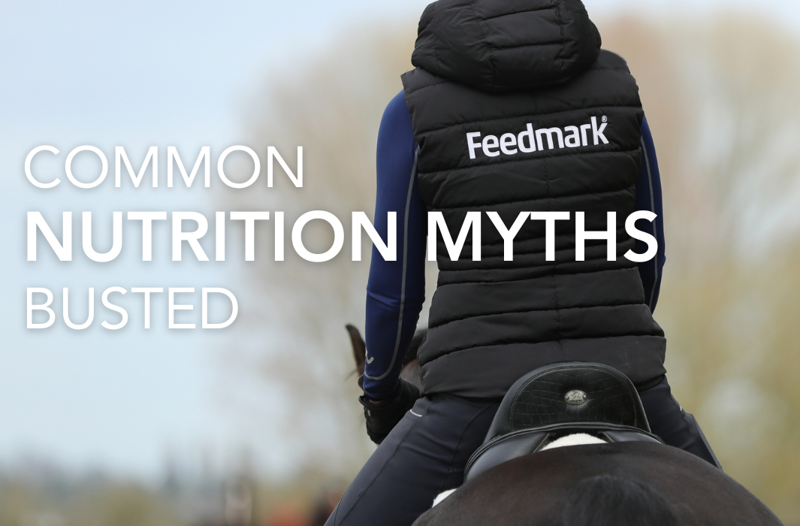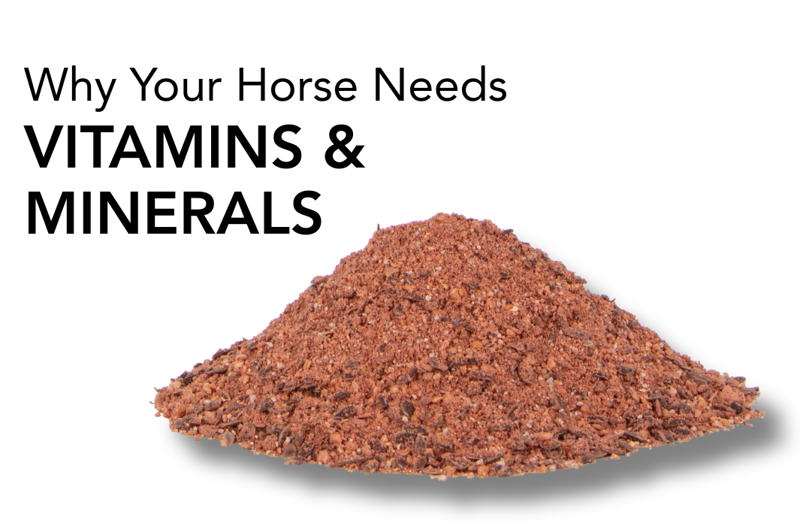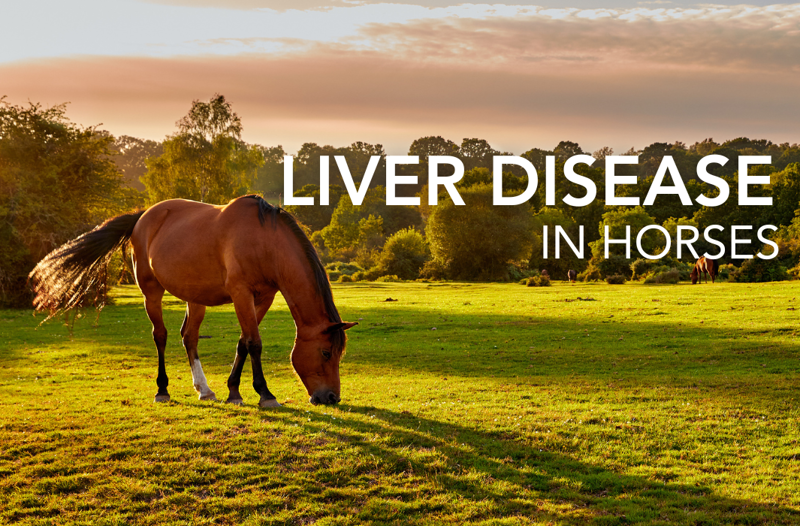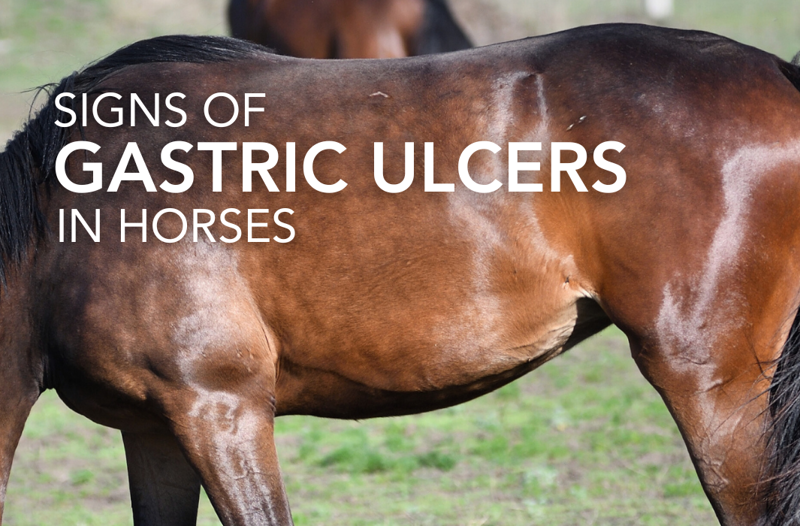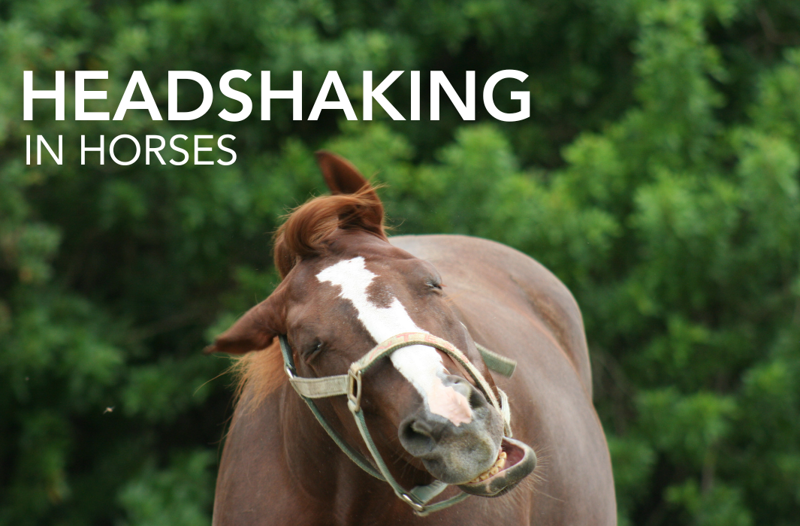September is Pain Awareness Month, being aware of pain signs is very important for ensuring equine welfare. Learning their form of communication is key to understanding what theyre trying to tell us.
Filters
Blog Options
Blog archive
- 2026
- 2025
- 2024
- 2023
- 2022
- 2021
- 2020
- 2019
- 2018
- 2017
- 2016
- 2015
Close
45 YEARS AT THE CENTRE OF EQUINE NUTRITION™

- Bespoke All-in-One™
-
Products
- Back
- Horse Joint Supplements
- Horse Digestion Supplements
- Horse Muscle Supplements
- Horse Vitamins & Minerals
- Horse Calming Supplements
-
Horse Respiratory Supplements
- Back
- Clarity®
- Horse Hoof Supplements
- Horse Skin & Coat Supplements
- Horse Health Supplements
- Supplements for Older Horses
- Horse Breeding Supplements
-
Horse Hormone Supplements
- Back
- Hormonease™
- Horse Treats
-
Herbs for Horses
- Back
- Boswellia
- Burdock Root
- Celery Seed
- Chamomile
- Chastetree Berry
- Cider Apple Vinegar
- Cinnamon
- Clivers
- Comfrey
- Dandelion Roots & Leaves
- Devil's Claw
- Echinacea
- Fenugreek Seeds
- Fussy Feeder
- Garlic Powder
- Hawthorn
- Hedge Herbs
- Liquorice
- Marigold Flowers
- Marshmallow Root
- Meadowsweet
- Milk Thistle Seeds
- Mint
- Nettle
- Rosehips
- Seaweed
- Slippery Elm
- Spirulina
- Turmeric
- Yucca
- Canine
- Gift Cards / Rewards
- ABOUT US
- Contact Us
- Knowledge base
Menu
-
Products
- Back
- Horse Joint Supplements
- Horse Digestion Supplements
- Horse Muscle Supplements
- Horse Vitamins & Minerals
- Horse Calming Supplements
-
Horse Respiratory Supplements
- Back
- Clarity®
- Horse Hoof Supplements
- Horse Skin & Coat Supplements
- Horse Health Supplements
- Supplements for Older Horses
- Horse Breeding Supplements
-
Horse Hormone Supplements
- Back
- Hormonease™
- Horse Treats
-
Herbs for Horses
- Back
- Boswellia
- Burdock Root
- Celery Seed
- Chamomile
- Chastetree Berry
- Cider Apple Vinegar
- Cinnamon
- Clivers
- Comfrey
- Dandelion Roots & Leaves
- Devil's Claw
- Echinacea
- Fenugreek Seeds
- Fussy Feeder
- Garlic Powder
- Hawthorn
- Hedge Herbs
- Liquorice
- Marigold Flowers
- Marshmallow Root
- Meadowsweet
- Milk Thistle Seeds
- Mint
- Nettle
- Rosehips
- Seaweed
- Slippery Elm
- Spirulina
- Turmeric
- Yucca
- Canine
- Gift Cards / Rewards
- ABOUT US
- Contact Us
- Knowledge base
Dr. Stephanie Hyland BSc (Hons)
 Call Stephanie Hyland MSc RNutr. or
Call Stephanie Hyland MSc RNutr. or
Sophie Pelham Burn MMedSci ANutr.
on 0800 585525 for
free qualified equine nutrition advice
 Call Stephanie Hyland MSc RNutr. or
Call Stephanie Hyland MSc RNutr. or
Sophie Pelham Burn MMedSci ANutr.
on 0800 585525 for
free qualified equine nutrition advice
Blog
Having a fussy feeder can be frustrating in this post we’ll explore why some horses are picky eaters, the potential reasons for a reduced appetite, and practical strategies to help even the fussiest feeders get the nutrition they need.
To celebrate the end of the RoR championships this week displaying a range of talent amongst ex-racers, we thought we would give you a guide on nutrition specific advice for this lovely breed.
Could Your Horse’s Hives Be More Than Just a Skin Reaction? Our Nutritionist shares the science behind the raised and itchy skin bumps of summer.
How do you safely restrict the diet of your good doer? Our Registered Nutritionists share the things that need to be remembered when placing your good doer on a diet.
What can you do to support your veteran horse or pony? Our Nutritionist shares some helpful and vital tips to help you care for your golden oldies and optimise their well-being.
Here are 6 equine nutrition myths, and some clarity around them from our registered nutritionists.
Hard ground poses a multitude of problems for our horses, so it’s important to take precautions to minimise the risks.
In the summer months, a very common mistake is made by many horse owners who believe that horses turned out on good grazing do not need supplemental feed.
The liver is one of the largest organs in the horse’s body, accounting for 1% of its total bodyweight.
With gastric ulcers being a prevalent issue and often causing significant pain and discomfort for the horse, it is important to know the signs and symptoms.
Whilst all horses toss their heads occasionally, repeated headshaking can become more of a problem and even dangerous in some cases.
Copyright © 2026 Feedmark Ltd. All rights reserved.
Feedmark, Harleston, IP20 0NY
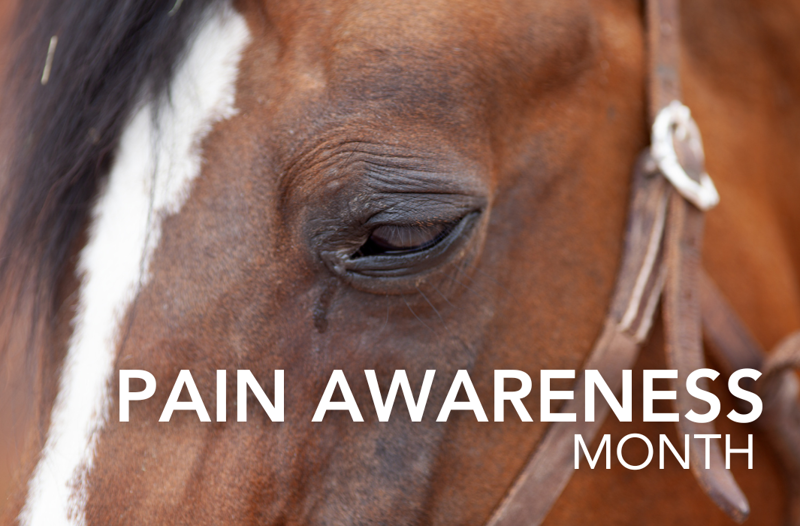
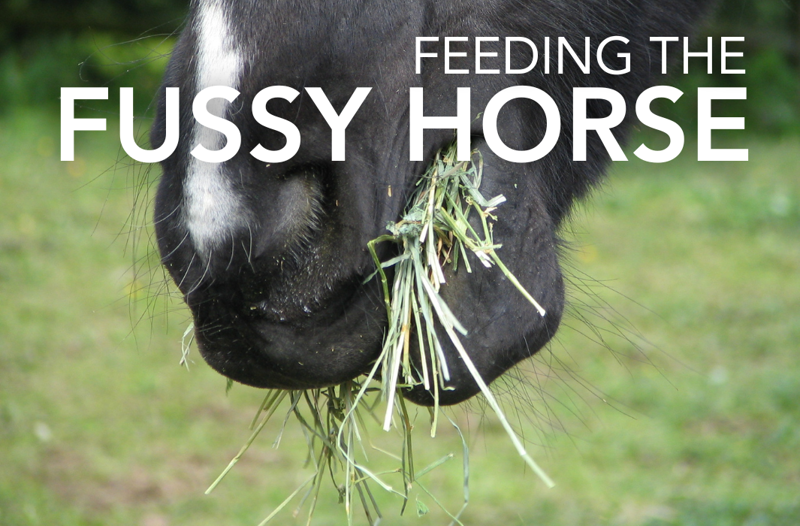
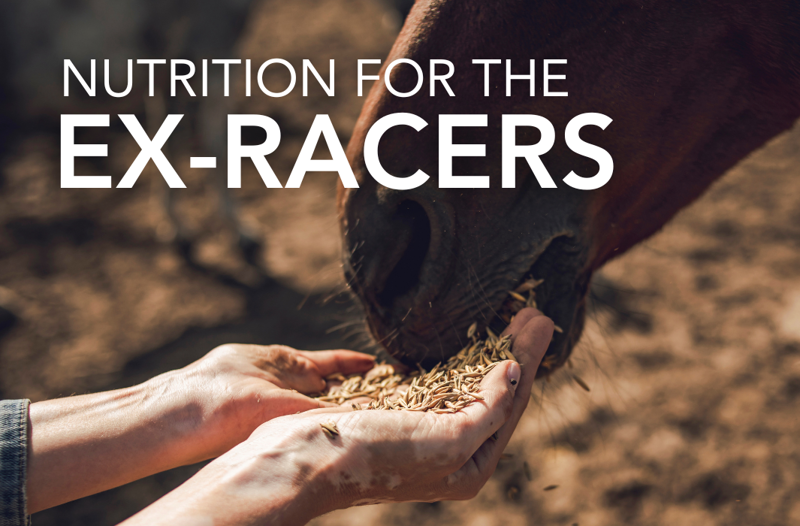
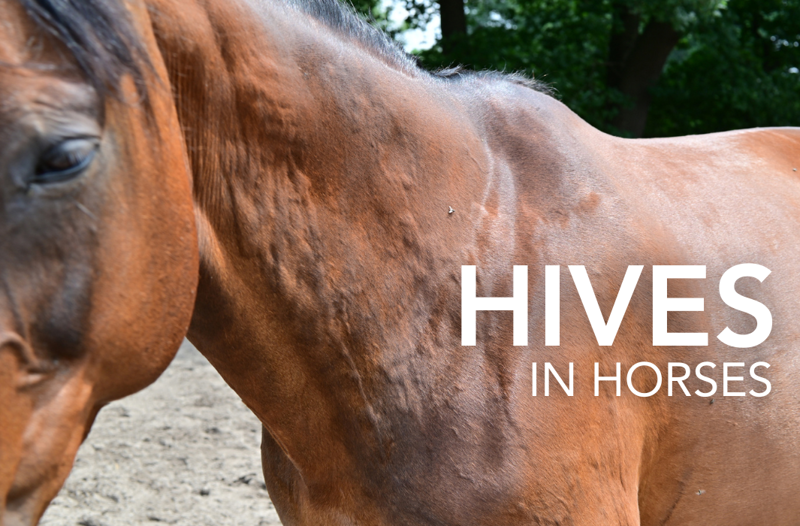
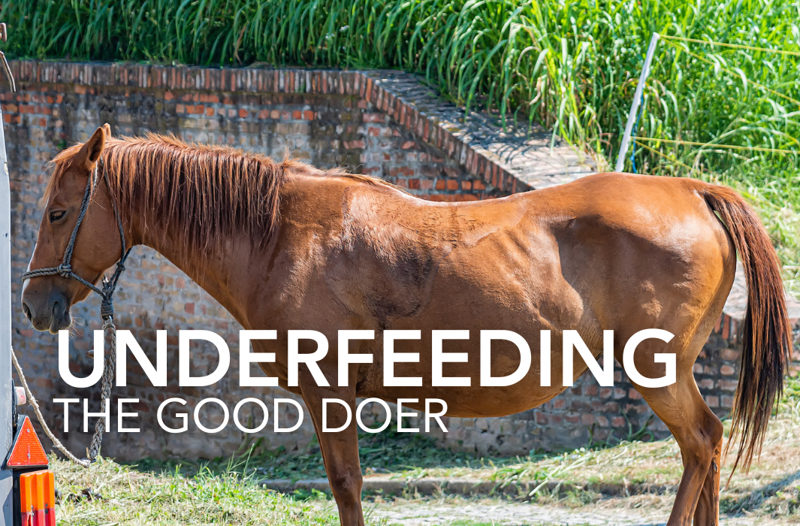
_800.png)
